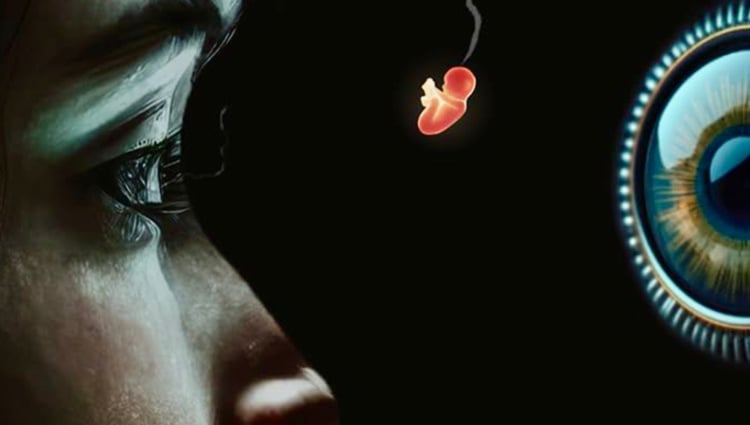Peco Gaskovski’s recent novel Exogenesis delivers a gut punch to our technological age. There has been no shortage of non-fiction books published in the last few years about life in the digital age—its dangers and what to do about it. But Gaskovski’s novel brings these topics further to life in a way that is reminiscent of some of the 20th century’s best dystopian novels like Fahrenheit 451, That Hideous Strength, or Brave New World. Bradley Birzer’s recent piece in Modern Age praised C.S. Lewis and Ray Bradbury for writing “science fiction with a soul.” We have a new novel and author that has done the same.
Login to read more
Sign in or create a free account to access Subscriber-only content.
Topics:
